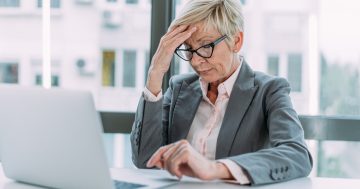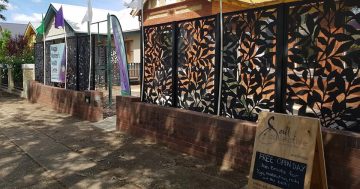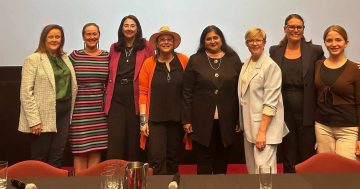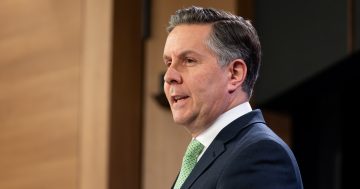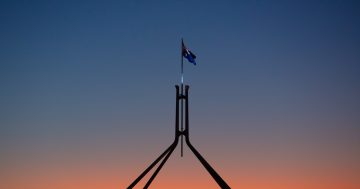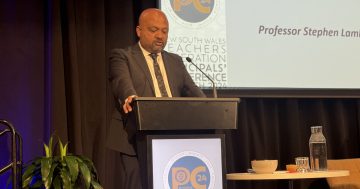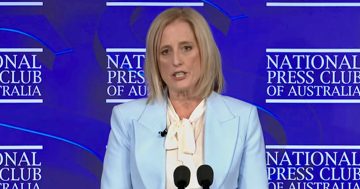Tarla Lambert* says a new comprehensive survey has uncovered the effect 2020 has had on women’s health in Australia.
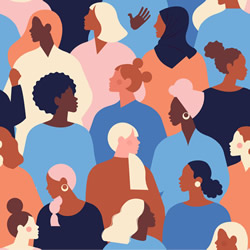 The health and wellbeing of Australian women has plummeted this year, with rates of anxiety and domestic violence at a record high.
The health and wellbeing of Australian women has plummeted this year, with rates of anxiety and domestic violence at a record high.
The country’s largest and most comprehensive women’s health research delivered by Jean Hailes, found that one in three women across Australia had experienced symptoms of anxiety this year and one in four reported symptoms of depression.
Pressure from job insecurity, juggling competing priorities, fears about elderly or vulnerable relatives and the state of the world contributed to this escalation.
Women aged 25-44 reported being busier than before COVID.
They coped with longer working hours in their jobs and in their homes, as well as managing remote learning for children.
Now in its sixth year, the survey also shed light on the percentage of women who felt unsupported this year in their health needs– especially those who had experienced pregnancy loss or stillbirth.
Almost three out of five women in this cohort said they did not receive enough information and support to manage their loss.
Life in isolation compounded by the uncertainty of this period, also saw a grave uptick in domestic and family violence cases.
Almost one in four women experienced some form of intimate partner violence this year.
Those with disabilities were more likely to experience controlling behaviour and physical violence, as were LGBTIQ women.
Women with disabilities as well as LGBTIQ women were less likely to be able to afford to see a health professional during 2020 too.
Federal Health Minister, Greg Hunt described the findings as “sobering and powerful”.
He said the research would help the Federal Government to “frame the next steps in our long-term National Women’s Health Strategy to 2030.”
Jean Hailes CEO, Janet Michelmore AO, said the survey was “a telling snapshot of what is happening with women’s health and wellbeing across Australia.”
“Women have taken the time, and shown the trust in us, to tell us how they have been faring in this most challenging of years,” she said.
“We now want women to take time for themselves – to take time for their health, catch up on delayed screenings and use evidence-based information to support their decisions.”
More than 9,000 women responded to the survey, with the results analysed and weighted by researchers led by Professor Gita Mishra at the School of Public Health at the University of Queensland to ensure the data is representative of women in Australia.
*Tarla Lambert is the publisher of Women’s Agenda.
This article first appeared at womensagenda.com.au.


